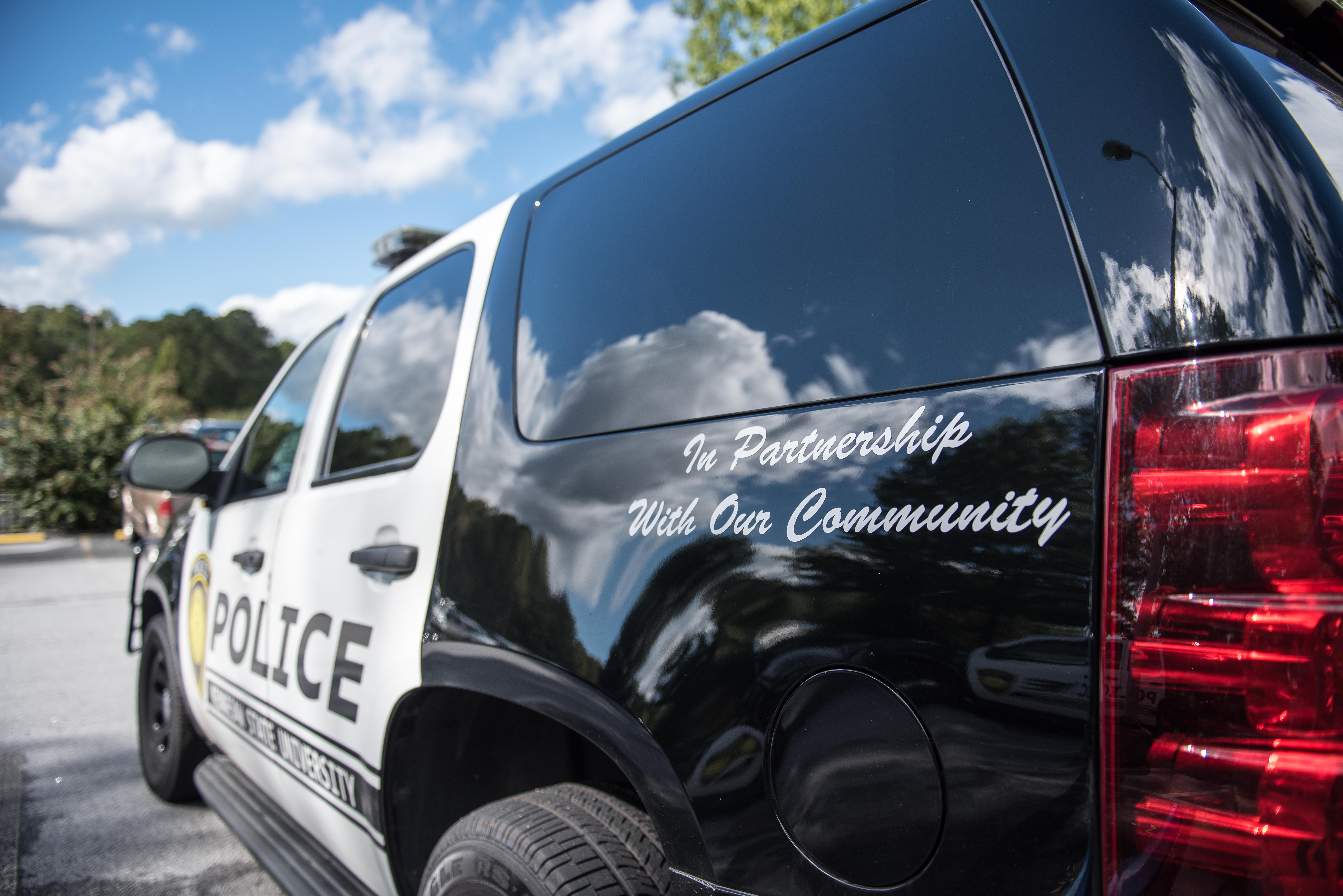This article has been edited to reflect accurate information.
U.S. Special Representative for Global Partnerships Dorothy McAuliffe shared thanks and received feedback on behalf of the Department of State with 12 Diplomacy Lab research students and four faculty supervisors on Oct. 19.
DipLab is a collaboration between the U.S. Department of State and 41 university partners, including Kennesaw State University. Faculty members supervise student-led research studies that are then presented to the Department of State or relevant embassies to inform policymakers.
“The opportunities that I heard today that this program provides students is real-world problem solving for the benefit of informing foreign policy in the United States State Department,” McAuliffe said. “And also exposure just to the craft of diplomacy and, what we hope in the State Department, that this will expose the next generation of talent that might be interested in working in federal government and particularly the Department of State.”
Sherrill Hayes, Director of the School of Data Science and Analytics, coordinated KSU’s partnership with this program in 2019. KSU students’ research has been featured in two Demo Days of DipLab, a national showcase of four selected studies from the program.
The group brought up three specific suggestions for future engagement: possibilities for funding, feedback on the use of previous research and the continuation of completed studies. McAuliffe shared that although the Department of State is proud to announce that their full-time internships are now paid positions, they are only available to U.S. citizens.
Twelve students in attendance were able to share their experiences as researchers in the program alongside their faculty supervisors; Bright Bansah was one of these students.
Previously working in magnesium mines in Ghana, Bansah is now attending KSU as a Ph.D. student in International Conflict Management. Bansah is collaborating with fellow Ph.D. students Derrick Gyamfi and Richa Bhattarai under the supervision of Brandon D. Lundy, Interim Chair of the Department of Geography and Anthropology. Their study is looking into the cash flux within artisanal and small-scale mining in Mauritania, Africa.
Lundy has also supervised a 2020 DipLab study on Cabo Verdean immigrants and potential reliance on government benefit programs that may result in denial to entering the U.S.
Charity Butcher, Interim Director of the School of Conflict Management, Peacebuilding and Development, was present along with four students that led a study on creating an peacekeeping evaluation tool. Butcher has participated in one other DipLab study with a previous class of hers that looked into human rights approaches to internet freedom.
“What was gratifying for us as students was the reception of the information from us like we were consultants,” Ph.D. student Anne Chance said during the meeting.
Grace Shirley, MaKenna Chambers, Cheyenne Feltman, Alaina Ellis and Andrew Bailey were also among the students who participated in DipLab. The group worked with professor Uli Ingram in a Fall 2021 study regarding future embassy locations across the globe and had their work featured in the 2022 Demo Day of DipLab.
Ingram has supervised two DipLab projects, both on the same topic across two semesters. The second was as a part of her Directed Applied Research class of undergraduate students.
“I was impressed with their availability and their willingness to work with us,” Ingram said about collaborating directly with individuals in the Bureau of Overseas Buildings Operations.
Her students were able to communicate their findings and receive feedback from officials every two weeks before a formal presentation at the end of the semester.
Also present was Rob Eanes, who worked with Dan Lo providing educational content for young students on machine learning in cybersecurity.
Next semester’s DipLab projects will be available to university partners in August for the Spring semester.

